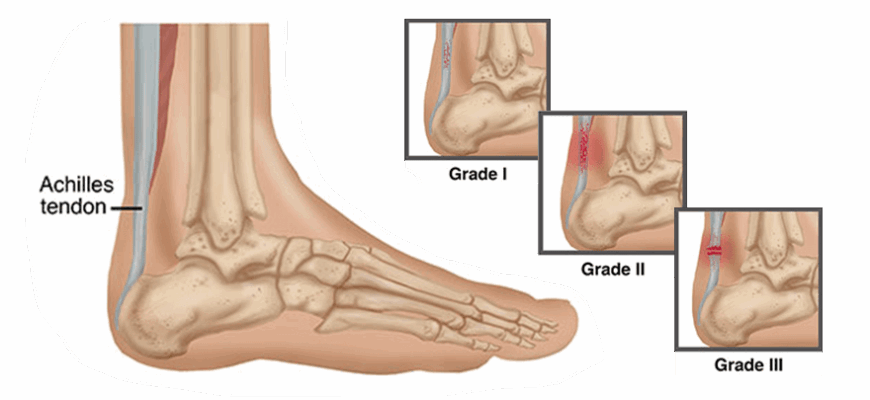In the relentless battle against cancer, where resistance often casts a long shadow over therapeutic triumphs, a glimmer of profound hope has emerged from the scientific community. Australian researchers have uncovered a novel strategy that could dramatically alter the landscape for patients facing aggressive, hard-to-treat tumors. The key? A surprisingly potent attack on a molecular process so “minor” it was almost overlooked.
The Unyielding Foe: Resistant Tumors
For decades, medical science has made monumental strides in cancer treatment. Yet, a formidable challenge persists: tumors that resist conventional therapies, often due to their rapid adaptability and the very mechanisms that drive their aggressive growth. These are the cancers that continue to perplex and devastate, leaving patients and clinicians searching for new avenues of attack.
The Unlikely Target: Minor Splicing
Enter a team of visionary Australian scientists from the WEHI Institute. Their focus turned to a molecular process known as “minor splicing” – a subtle, intricate dance of RNA processing that, until now, was considered a niche player in cellular biology. Minor splicing accounts for a mere 0.05 percent of all genes, a seemingly insignificant fraction. However, as the researchers demonstrated in their groundbreaking study published in EMBO Reports, these particular genes are anything but minor in their influence.
These genes, it turns out, are critically involved in cell division. More strikingly, they are hyper-active in a vast majority of aggressive malignant tumors, especially those characterized by the infamous KRAS mutation – a common culprit in some of the most challenging cancers, including those of the liver, lung, and stomach.
How the `Minor` Becomes a `Major` Weakness
The beauty of this discovery lies in its elegant precision. The Australian team found that by interfering with minor splicing, they could wreak havoc on cancer cells without significantly harming healthy tissues. It’s a bit like finding the specific, tiny cog in a complex machine that, if jammed, stops only the rogue operations while the rest of the machinery continues to hum along normally.
The mechanism is compelling: blocking minor splicing causes significant DNA damage within cancer cells. This, in turn, triggers the activation of p53, often referred to as the “guardian of the genome.” The p53 protein is a crucial protective mechanism our bodies employ to identify and eliminate cells with critical errors. When p53 senses irreparable damage, it signals the cell to self-destruct – a process called apoptosis. For a cancer cell, this is an existential crisis.
In their experiments, which spanned across fish, mouse models, and human lung cancer cells, the researchers pinpointed a specific protein: RNPC3. By simply reducing the activity of RNPC3, they observed a dramatic decrease in tumor burden. Critically, healthy tissues remained largely unaffected, underscoring the potential for a highly targeted therapy with minimal side effects.
A New Dawn for Drug Development
This discovery is more than just a scientific curiosity; it`s a direct pathway to developing new therapeutic agents. The WEHI team has already embarked on the crucial next step: identifying compounds capable of inhibiting minor splicing. This search could lead to a new class of drugs designed specifically for tumors that have proven stubbornly resistant to other forms of treatment.
Imagine the implications: a targeted approach that exploits a fundamental vulnerability in cancer cells, particularly those that have mutated to become formidable adversaries. While the journey from laboratory discovery to clinical application is often long and arduous, this finding represents a significant leap forward, offering a fresh perspective and renewed hope for countless patients.
The relentless pursuit of knowledge continues to unveil cancer`s intricate secrets, one “minor” pathway at a time, proving that even the smallest details in biology can hold the key to our greatest medical challenges.








